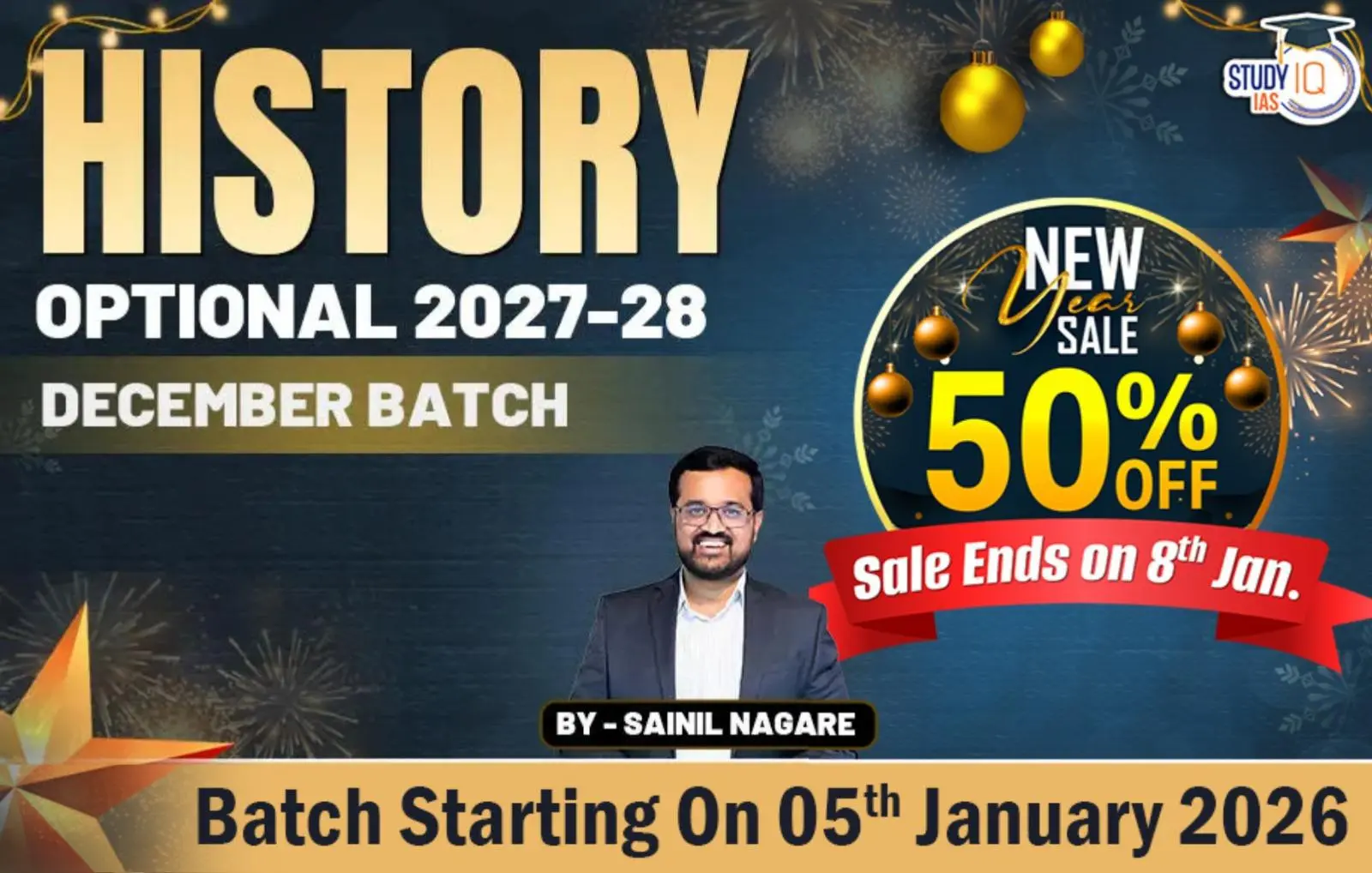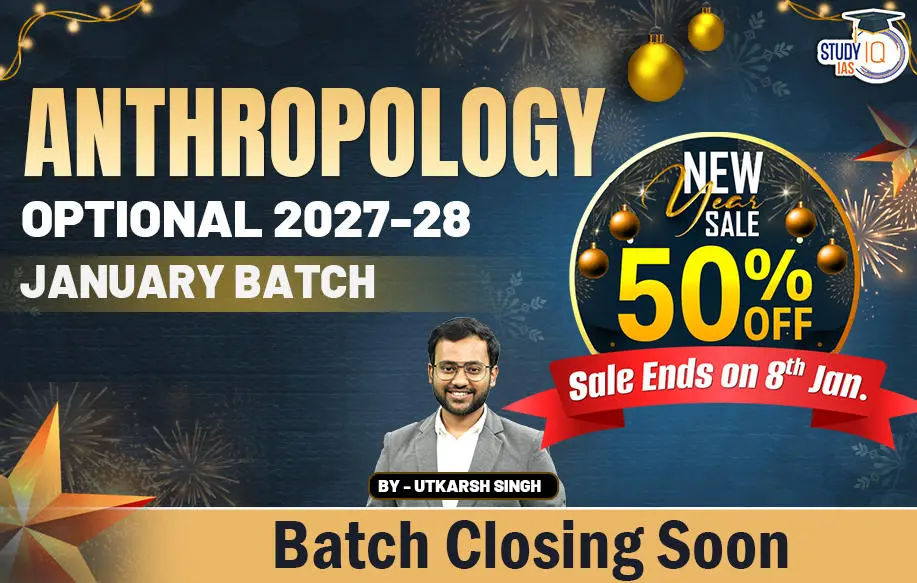Table of Contents
Introduction
Groundwater depletion is a critical issue in peninsular India, especially in Andhra Pradesh, where hard-rock aquifers with limited storage capacity are prevalent. This case study examines the Andhra Pradesh Farmer Managed Groundwater System (APFAMGS), a community-based initiative aimed at addressing the over-exploitation of groundwater in seven drought-prone districts.
Intervention
- Demand Side Groundwater Management: APFAMGS, a partnership between farmers and NGOs, focuses on Demand Side Groundwater Management.
- Farmer Water Schools: It involves extensive training of farmers through “Farmer Water Schools” and the establishment of a hydrological monitoring system.
- Participatory decision-making: Participatory community decision-making, facilitated by crop water budgeting, is a key element.
- Water-saving practices: Farmers have adopted water-saving practices like mulching, bunding, improved irrigation methods, and water-saving devices.
Impact
FAO’s evaluation confirmed that APFAMGS achieved its objectives.
- Groundwater users now make informed decisions about cropping patterns and use groundwater judiciously.
- This has led to reduced input costs, increased yields, and improved marketing strategies, ultimately raising the net value of outputs per acre.
Key Takeaways:
- APFAMGS offers a replicable model for sustainable groundwater management.
- Community participation and hydrological knowledge generation are vital.
- Sustainability remains a challenge, necessitating a blend of bottom-up and top-down approaches.
- The success of APFAMGS is tailored to the specific dynamics of hard-rock aquifers, making it less suitable for alluvial aquifers with larger storage.
Conclusion
APFAMGS project serves as an inspiring example of community-driven groundwater management, showcasing the potential for addressing critical water resource challenges in specific geographical contexts.

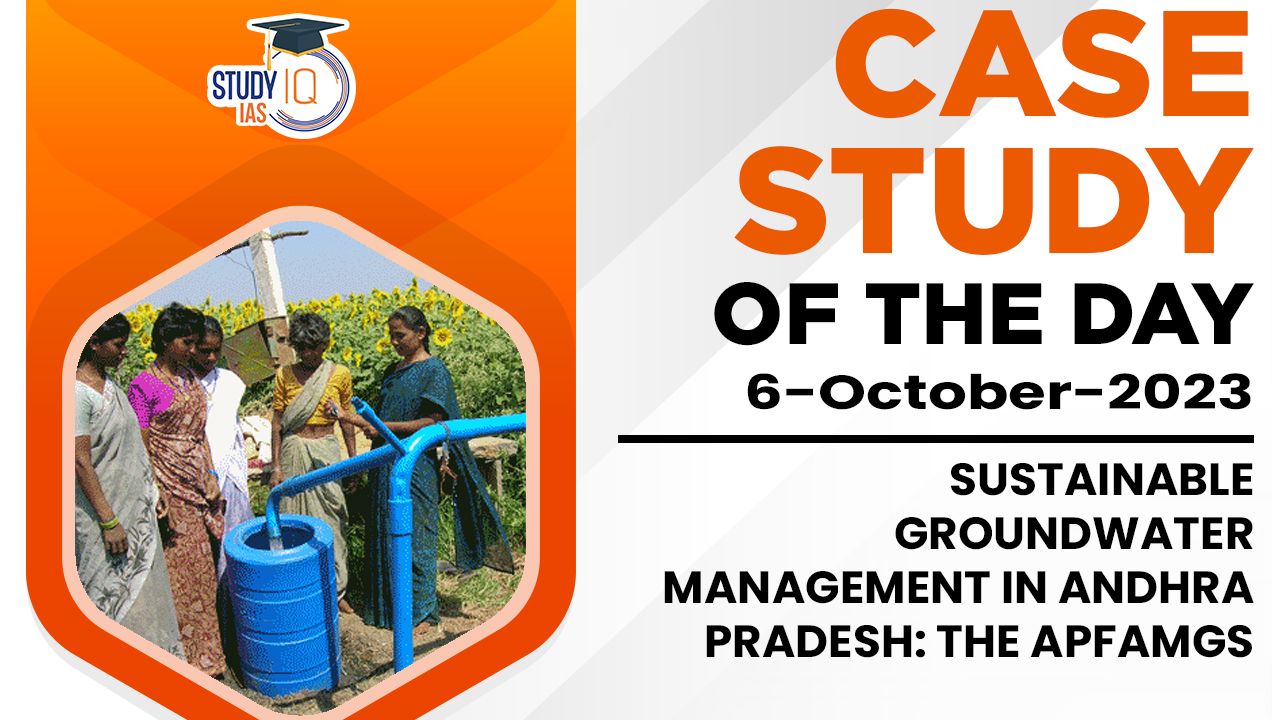
 Payments Regulatory Board (PRB)
Payments Regulatory Board (PRB)
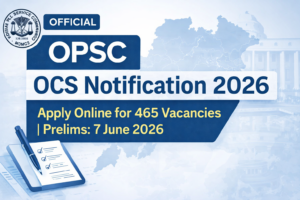 OPSC OCS Notification 2026 Out: Apply On...
OPSC OCS Notification 2026 Out: Apply On...
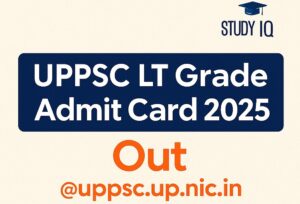 UPPSC LT Grade Admit Card 2025 Out @upps...
UPPSC LT Grade Admit Card 2025 Out @upps...






